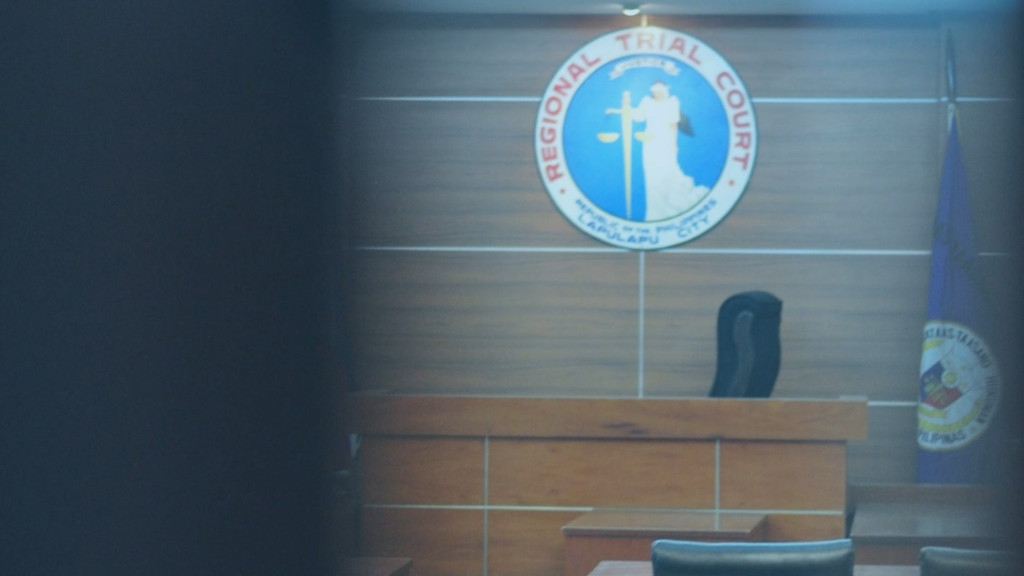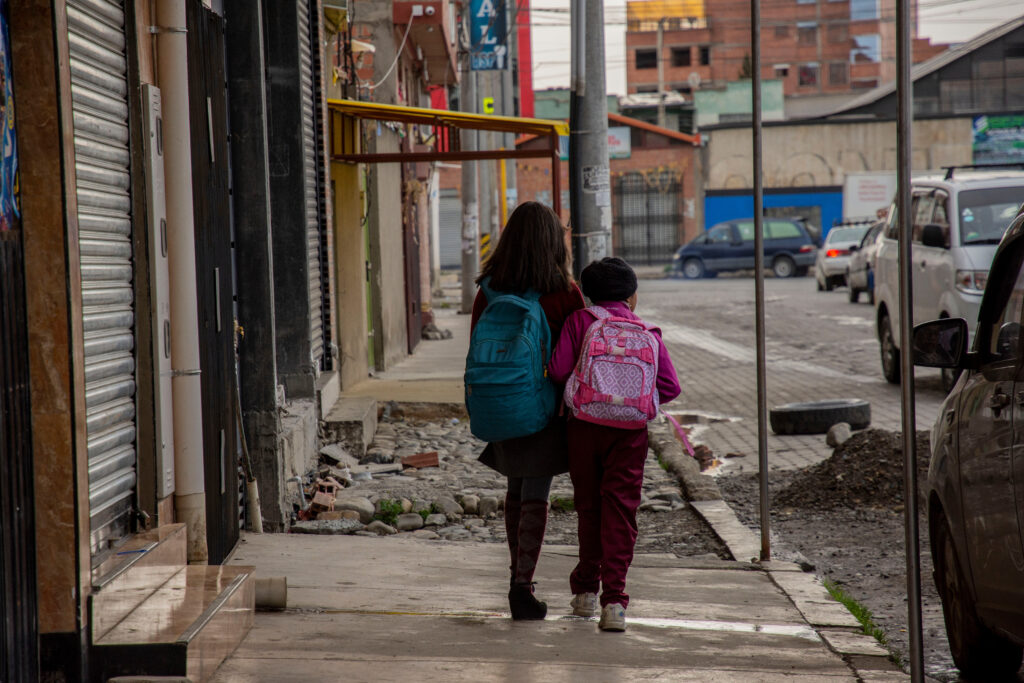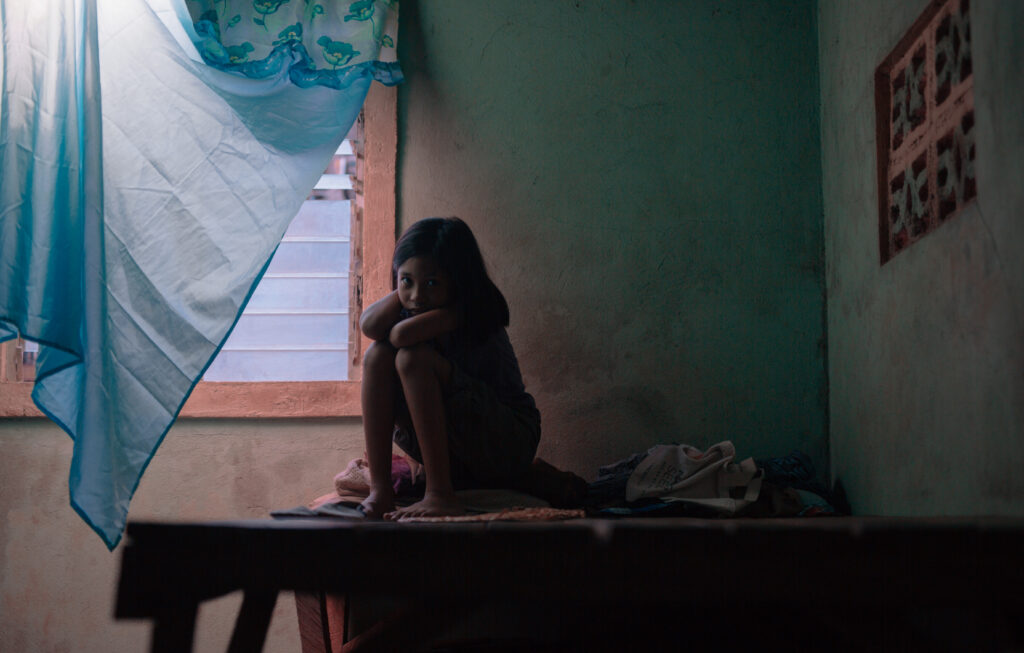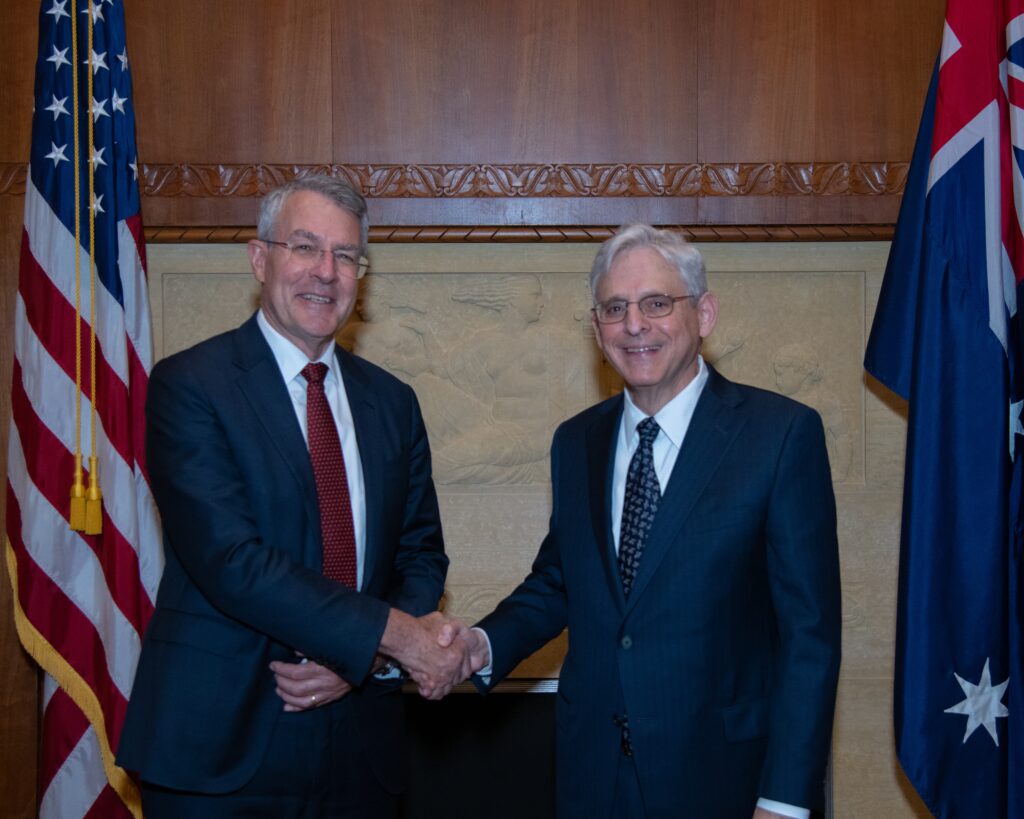Asia-Pacific
Two women convicted for online sexual exploitation of children in Cebu City

CEBU CITY – Two women pleaded guilty yesterday, 23 September, to offences related to the online sexual exploitation of children (OSEC) in digital court proceedings.
Under plea bargains, one was sentenced to 15 years in prison for attempted trafficking while the other was sentenced to six years in prison for a child abuse offence. Both women – mother and daughter – also pleaded guilty to possession of child sexual abuse materials, resulting in an additional two-month sentence for each.
“Despite the limitations brought about by the ongoing COVID-19 pandemic, we see the steadfast effort of our prosecution partners and our courts to keep the wheels of justice turning,” IJM Cebu Field Office Director Lucille Dejito shared. “We are encouraged to see how our judiciary is adapting to the new realities, making full use of available technology to see this conviction through. Technology-based, child-protective measures such as videoconferencing hearings allow us to uphold the best interest of the child during this time of pandemic.”
Prosecutor Misty Leah Escolar-Hupp was also pleased with the result. “Justice was served. It was served swiftly without going through the rigours of trial,” she said, referring to the plea bargains in which the two accused pleaded guilty not to the original charges but to other similar offences, prior to the start of the trial.
Prior to the convictions and sentences being handed down via video conference, the 8-year-old survivor took part in a reconciliation meeting with her mother and grandmother, also via video conference.
“What was even more satisfying [than the swift convictions] was seeing the parties reconcile – hearing the accused admit the wrong they committed, seeing their remorse, and hearing the victims, including the 8-year-old, accept their apology,” said Prosecutor Escolar-Hupp.
She added, “More important than the penalty of imprisonment imposed in the court’s judgment is the promise that this family will once again be reunited and, having learned the hard lessons from this case, will learn to uplift each other, instead of victimise a family member.”
Juliet and Michelle (not their real names), aged 23 and 43 respectively, were arrested in Cebu City on 10 April 2019 by the Philippine National Police’s Women and Children Protection Center – Visayas Field Unit. Their arrest through a sting operation followed an investigation that revealed they were engaging in OSEC. Juliet’s two younger sisters, aged 18 and 21, and her then 6-year-old daughter were rescued during the operation.
Yesterday, Juliet entered guilty pleas to attempted trafficking and possession of child sexual abuse materials. For the first offence, she was sentenced to 15 years in prison and ordered to pay a fine of P500,000 (A$14,600). She was ordered to pay P500,000 in moral damages and another P100,000 (almost A$3,000) in exemplary damages. For the second offence, she was sentenced to an additional two months in prison and ordered to pay a fine of P100,000.
Her mother, Michelle, was sentenced to a maximum penalty of 6 years imprisonment after entering a guilty plea to a violation of an Anti-Child Abuse Law. She was ordered to pay P50,000 (almost A$1,500) in moral damages and another P50,000 in exemplary damages. For pleading guilty to possession of child sexual exploitation materials, she was sentenced to an additional two months’ imprisonment and ordered to pay a fine of P100,000.
Plea bargains protect child victims from the possibility of having to testify against the perpetrators who are often family members or neighbours, reducing the possibility of re-traumatisation.
Note to Editors:
- The names of the accused are withheld to ensure confidentiality of the victims, who are related to them by blood, as mandated by law.
- The Terminology Guidelines for the Protection of Children from Sexual Exploitation and Sexual Abuse, also known as the Luxembourg Guidelines, prescribes the use of the term “child sexual abuse material” or “child sexual exploitation material” instead of “child pornography”, except when referencing the name of statute. Sexualised material that depicts or otherwise represents children is a representation, and a form, of child sexual abuse and should not be described as “pornography.”




